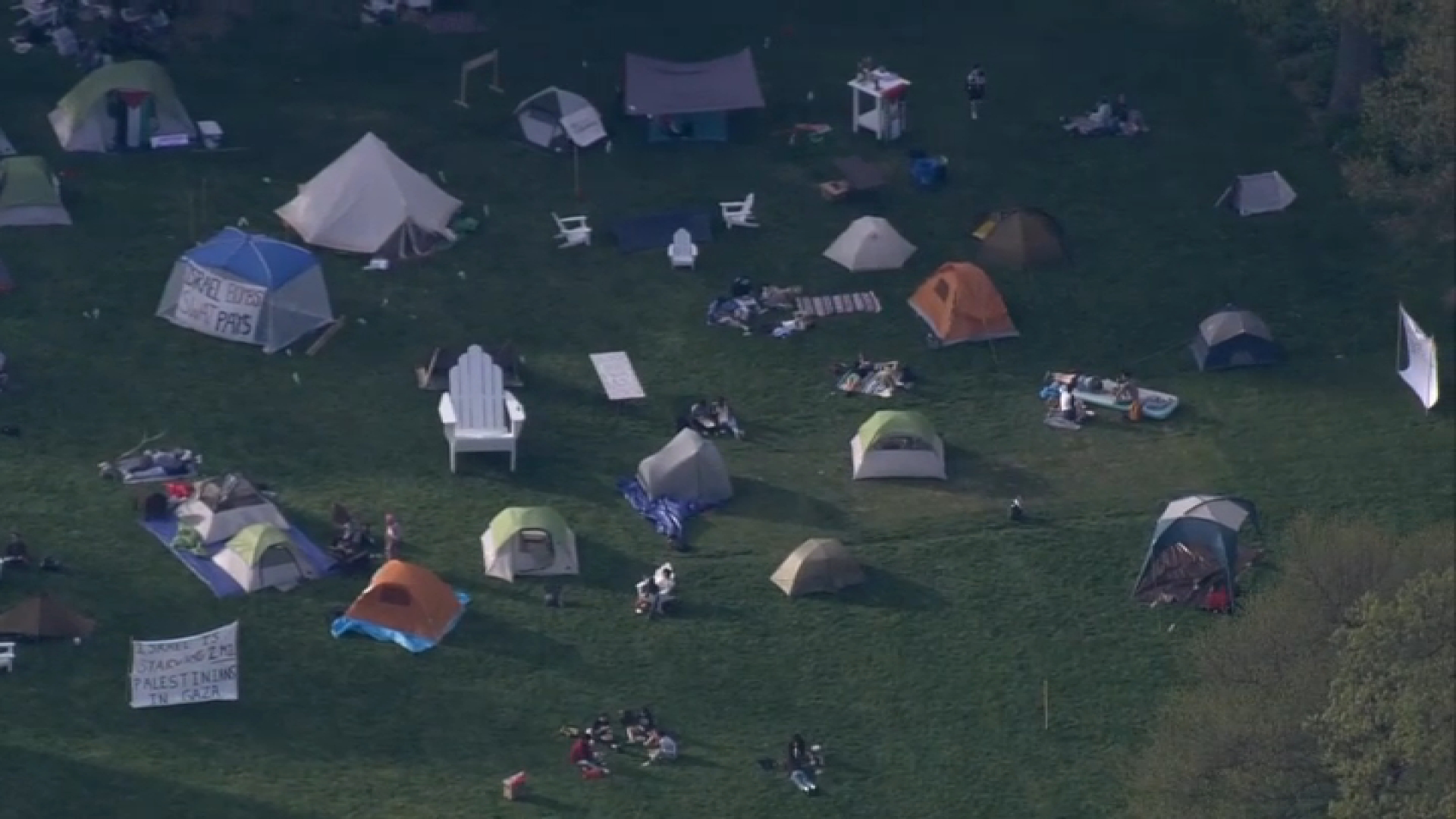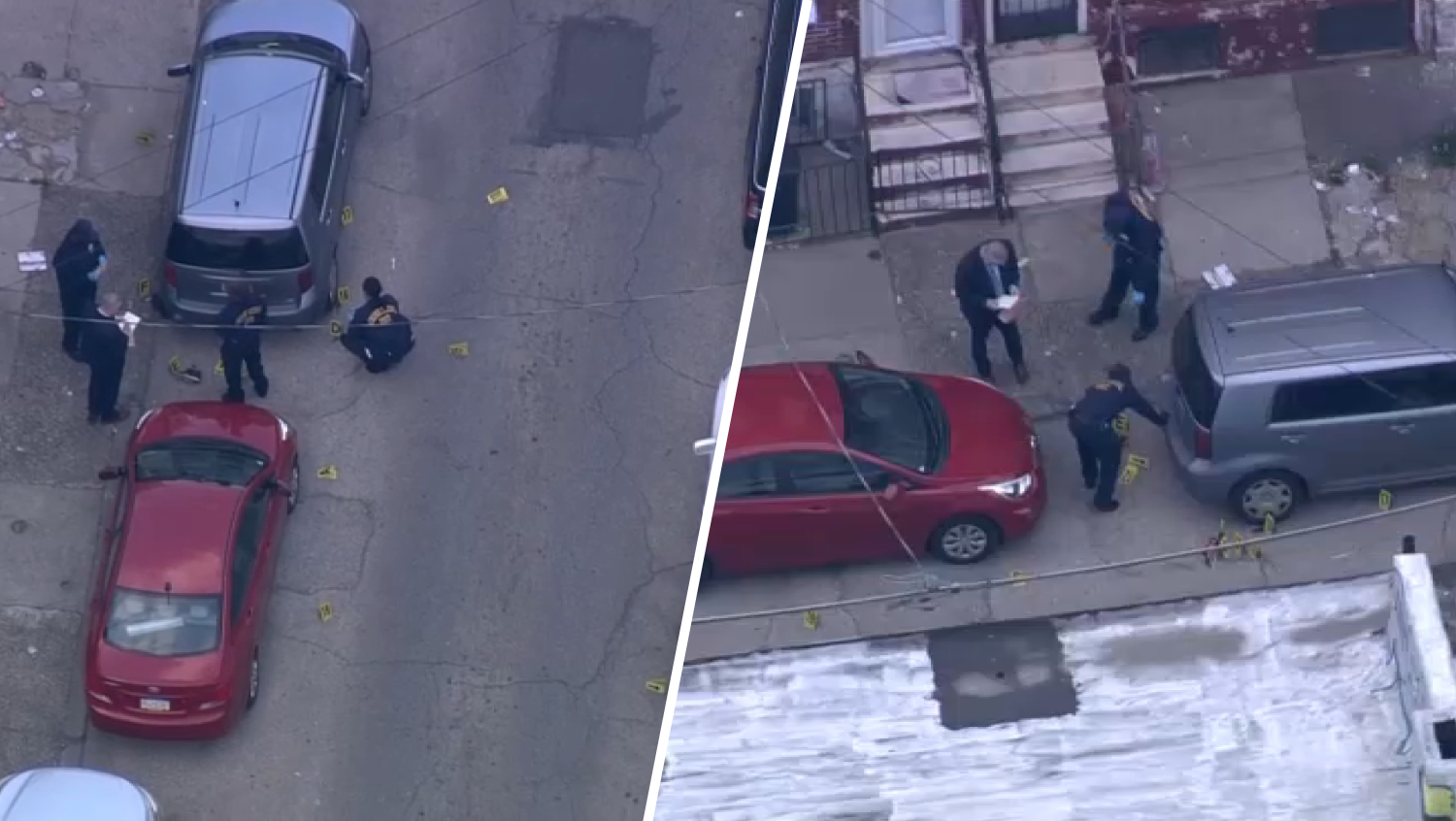When domestic abuse stories hit the front page, survivors and victims of domestic violence are forced to face their nightmares. The impact of Bradley Stone’s killing spree, and stories similar to it, can make people wonder whether it’s worth it to step forward and report their abusers.
"I think it reaffirms every nightmare they have,” said Maria Macaluso, who works with the Women’s Center of Montgomery County. "It’s their worst reality come to life. It has a dampening effect on what they are willing to do. After these things we have to talk to people in a vulnerable place."
Macaluso said case workers started planning Monday as soon as they heard Stone shot his ex-wife and killed five of her family members in a pre-dawn rampage through Montgomery County. Domestic abuse victims who use the center's services began questioning whether working to escape their dangerous situation was worth the potential for their abuser to lose control.
"As soon as the story was breaking [we had] people who have been working with us start calling, concerned about their safety in their situation,” said Macaluso. “It was clear very early on that it was domestic violence."
Most domestic violence victims do not report their abusers. Only about a quarter of physical assaults and half of stalking cases get reported to police, according to the National Coalition Against Domestic Violence.
Faced with the fear of even more danger by aggressors and abusers, when domestic abuse stories become headlines, victims tend to become hesitant about the idea police can protect them.
"We took extra precautions for families within our shelter; we had everyone stay in,” said Ifeoma Aduba of A Women’s Place in Doylestown. "The safest thing to do in the moment was to stay off the streets away from any threats and keep out of the way of any first responders doing their job.”
Local
Breaking news and the stories that matter to your neighborhood.
The National Domestic Violence Hotline also sees an increase in calls during the winter season, but claims the role of the news in domestic abuse cases can be positive.
"Having the conversation about domestic violence in the media allows victims to know where to get help," said Cameka Crawford of the National Domestic Violence Hotline. "It also helps family members or friends of people experiencing domestic violence know where to get help.”
While there is a theory that reports increase during the holiday season, Macaluso reports that the Women’s Center of Montgomery County sees a drop in reports.
"There are different triggers for different people. The abuser loses their job, they’re taking jobs, the woman gets pregnant — those kind of things set people off more than holiday things."
Aduba reports a similar issue at A Women’s Place. "Some years we see a drop in people looking for services — working to ‘keep the peace’ for the sake of their kids and not have that disruption in their family life,” she explained.
"The thing that we try to do with people we are working with is try to validate the fear they are feeling,” said Aduba. "It’s completely understandable that you would watch what occurred [Tuesday] and be unnerved by it.”
If you are in an abusive relationship, you can call the National Domestic Violence Hotline at 1-800-799-7233 or TTY 1-800-787-3224.



